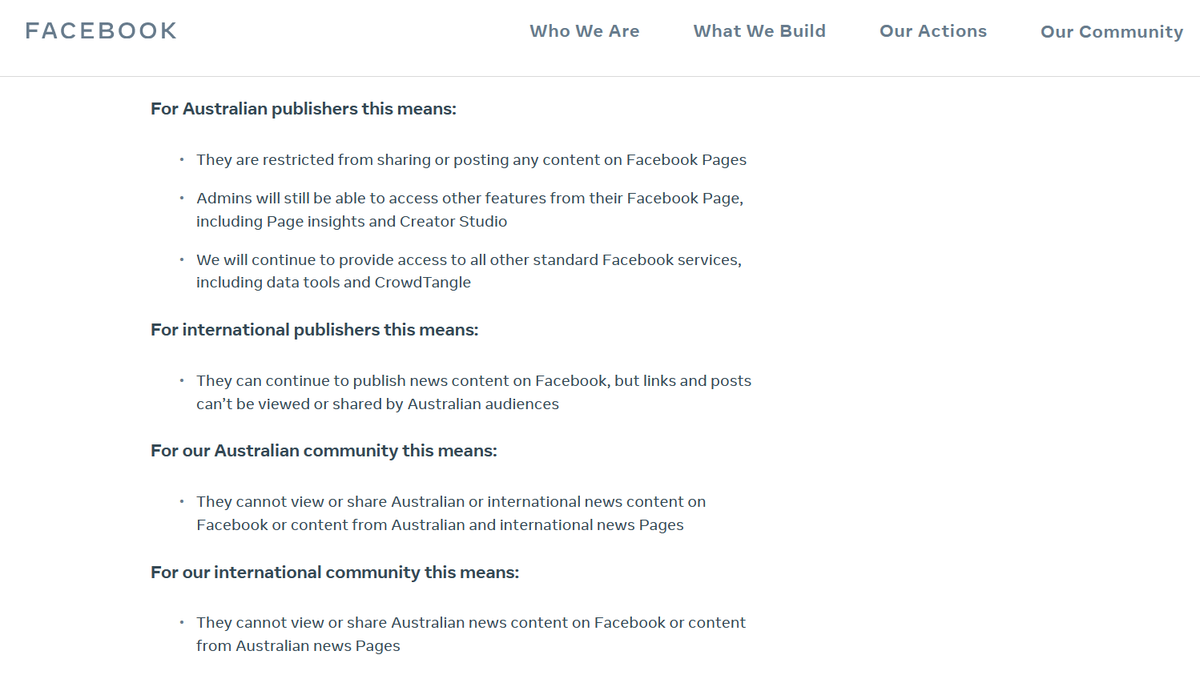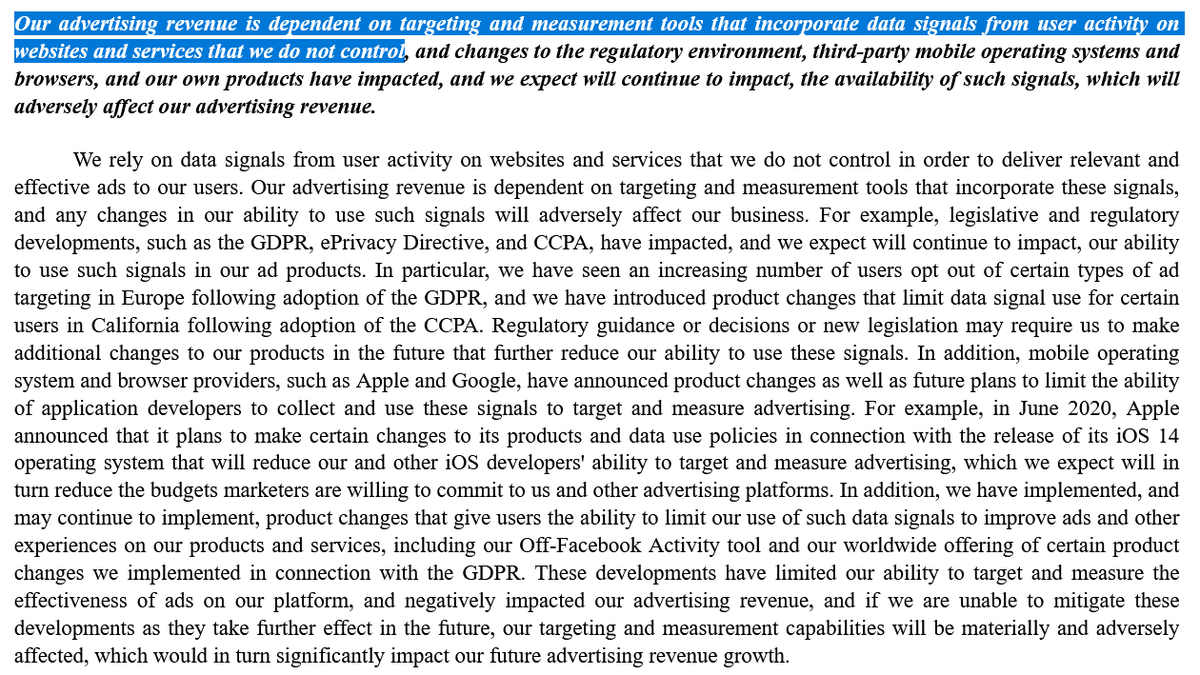
Cashier Watch Status: High Risk
Prior Exceptions: 3
Oracle's panoptic "Retail XBRi Loss Prevention" system constantly monitors cashiers and provides a ranked list of "high-risk" workers to "identify suspicious trends, transactions, and other data anomalies" #corporatepolice
Prior Exceptions: 3
Oracle's panoptic "Retail XBRi Loss Prevention" system constantly monitors cashiers and provides a ranked list of "high-risk" workers to "identify suspicious trends, transactions, and other data anomalies" #corporatepolice

And the best thing is you can use the *same* data from POS systems and other sources to also monitor performance! #crosspurpose
...by integrating Oracle's "Retail XBRi Loss Prevention" system with Oracle's "XBRi Sales and Productivity" system.
oracle.com/industries/ret…
...by integrating Oracle's "Retail XBRi Loss Prevention" system with Oracle's "XBRi Sales and Productivity" system.
oracle.com/industries/ret…

This is also great.
Appriss "Secure Store" promises to "uncover employee outlier behavior" for fraud and theft prevention but also to "improve efficiencies at the point-of-sale" by decreasing "sales reducing activities (SRAs)", as they call it.
apprissretail.com/solutions/secu…
Appriss "Secure Store" promises to "uncover employee outlier behavior" for fraud and theft prevention but also to "improve efficiencies at the point-of-sale" by decreasing "sales reducing activities (SRAs)", as they call it.
apprissretail.com/solutions/secu…

Stores are staffed with fewer people. You cannot afford managers watching workers all day. You need software.
Software that still allows "insights into their activities and performance" and remediates "sales reducing activities before they become habits".
apprissretail.com/who-we-help/op…
Software that still allows "insights into their activities and performance" and remediates "sales reducing activities before they become habits".
apprissretail.com/who-we-help/op…

• • •
Missing some Tweet in this thread? You can try to
force a refresh







